But Rickson also gave me an unproven fact. More people, he wrote, watch theatre on a Saturday than go to a Premiere League game, and it is just that one pastime is marginalized and the other is given increasingly larger coverage. If both Cooper and Rickson’s statements are true, then football has an issue with getting people to see live games, as seeing it down at the pub might be cheaper. And theatre has just the same old issue as it always has: people can’t or won’t step inside a theatre (“as if they are going to the dentist” Woodhead wrote me) but don’t have the cheaper option of seeing it on television either.
Rickson also said that football draws players from a much wider social mix, while in theatre it is getting harder for working-class actors to “train and subsist.” The ability to study the arts at school in the United Kingdom has been vastly reduced by this government, and access to drama schools, especially now that fees have risen, means that only those who can afford it will go on to graduate study. There are weekend drama schools available for young people, but they are costly and don’t always pave a way into the industry. On the other hand, football academies for kids—which are free if the child is talent scouted—have a heavily outlined course curriculum that can be followed to make it to being a professional. This is a result of significant restructuring and investment from the FA, which came about because the association wanted football clubs to be able to scout for talent right across the country and not just in their local communities.
I bet any theatre would give their right arm for the kind of passion and commitment a football club can achieve with its fans.
Theatre has a problem in terms of how it is going to get a wide cross section of society working in it in the very near future. There is no national body similar to the FA that could invest and put in nation-wide structures to feed talent directly into theatres. But if theatres in the United Kingdom reintroduced their repertory system or followed the Joan Littlewood model, where the same set of actors were engaged on a long-term contract, then these could act as training schools and entry points to the industry. A good example for this is Belarus Free Theatre. Its student school, Fortinbras, feeds directly into their ensemble and will take anyone, especially those untrained in conventional acting practices. Its only requirements are self-discipline and commitment. City theatres in Kosovo adopt a similar method in order to feed and sustain their playhouses (their problem is that there are too few training schools).
Disparities Between Community Relationships in Football and Theatre
Football clubs are so good at building fans and communities (or perhaps it is the other way around). Go to either a football match or a play in the United Kingdom and you will have the same opportunity to procure a program with information about the match or show. But there will be major differences. Most football programs have a manager’s address to introduce the match. Most theatre programs, in comparison, do not feature notes from the artistic directors of the theatre, or even notes from the play’s director, although there will be essays from creatives and academics. How many people are aware of who runs the theatre they are visiting? Do people need to know the values of the place and why the artistic director has programmed this show?
At some theatres, artistic directors do hang around and they get to know their spaces and audiences intimately. But at most theatres I go to, the artistic director is an unknown presence apart from at press night. This lack of connection can make the theatre seem inaccessible and create distance between it and its audiences.
Think about the relationship fans have with their managers (albeit formed with different “goals” at stake). Win or lose, most managers, like Liverpool Football Club’s (LFC) manager Jürgen Klopp, engage directly with fans at the end of the match by punching the air or leading affirming chants. It helps the fans to feel a sense of connection and the sense that they are all in this together. This is not really replicated in theatre. Two theatres I know that might go against such a trend are Belarus Free Theatre and Lung, who speak to their audiences as friends before and after their shows and implore them to get involved in the topics their shows are about.
Of course, theatre and football call upon different kinds of allegiances. But I bet any theatre would give their right arm for the kind of passion and commitment a football club can achieve with its fans. I am not criticizing the work of theatremakers. They work extremely hard, and with considerably less money than those who work in football. But I do think that the commitment communities and audiences show their local theatres could be harnessed more. Woodhead agrees. He wrote to me, “When the funding dries up and theatre is in its hour of need, we won’t be thinking nationally. It will be the people on our doorstep we will be turning to.”
Artistically, theatre might not have much to learn from football, but in terms of writing its own story, and of harnessing the power of the communities it serves, it could borrow one or two ideas from the game.
Community Action
Many football clubs use their foundations to organize creative projects, and fans’ collectives collect for food banks and other organizations. Some football clubs are even venturing into the arts. Last season LFC’s charity foundation arm ran a successful literacy program with prominent Japanese publishing company Kodansha to encourage Liverpudlian youngsters and adults to write their own stories inspired by the philosophy of inspiring impossible stories and “generating rich narratives.” Named inspiRED, it is a reference to both Kodansha’s own philosophy and LFC’s. Representing Kodansha, Akiko Kamiya told me that the company’s relationship with LFC began after they interviewed Klopp and realised that LFC and Kodansha share similar philosophies. She wrote, “Both football and publishing serve as meaningful platforms for emotive storytelling.”
Probing further, the foundation also supports young people on theatrical placements through its creative works program. When I asked their program manager, Danielle Shields, whether football in general could get more involved in theatre to access shared communities, she said it was already happening at LFC via Liverpool theatres such as the Everyman, the Royal Court, and the Lighthouse Project.
Of course, theatres also have community projects, many of which feed into shows. And during the pandemic, many opened their doors to become temporary vaccine centers or organized food runs. Individually, theatre companies take stands on social and political issues. UK-registered Belarus Free Theatre continually lobbies Washington, London, and the European Union over Belarus and Ukraine. Good Chance Theatre has taken a stand against the United Kingdom’s illegal refugee policies led by Home Secretary Suella Braverman. Lung is doing incredible work with shows based around political campaigns, most recently about suicide in the United Kingdom’s prisons.


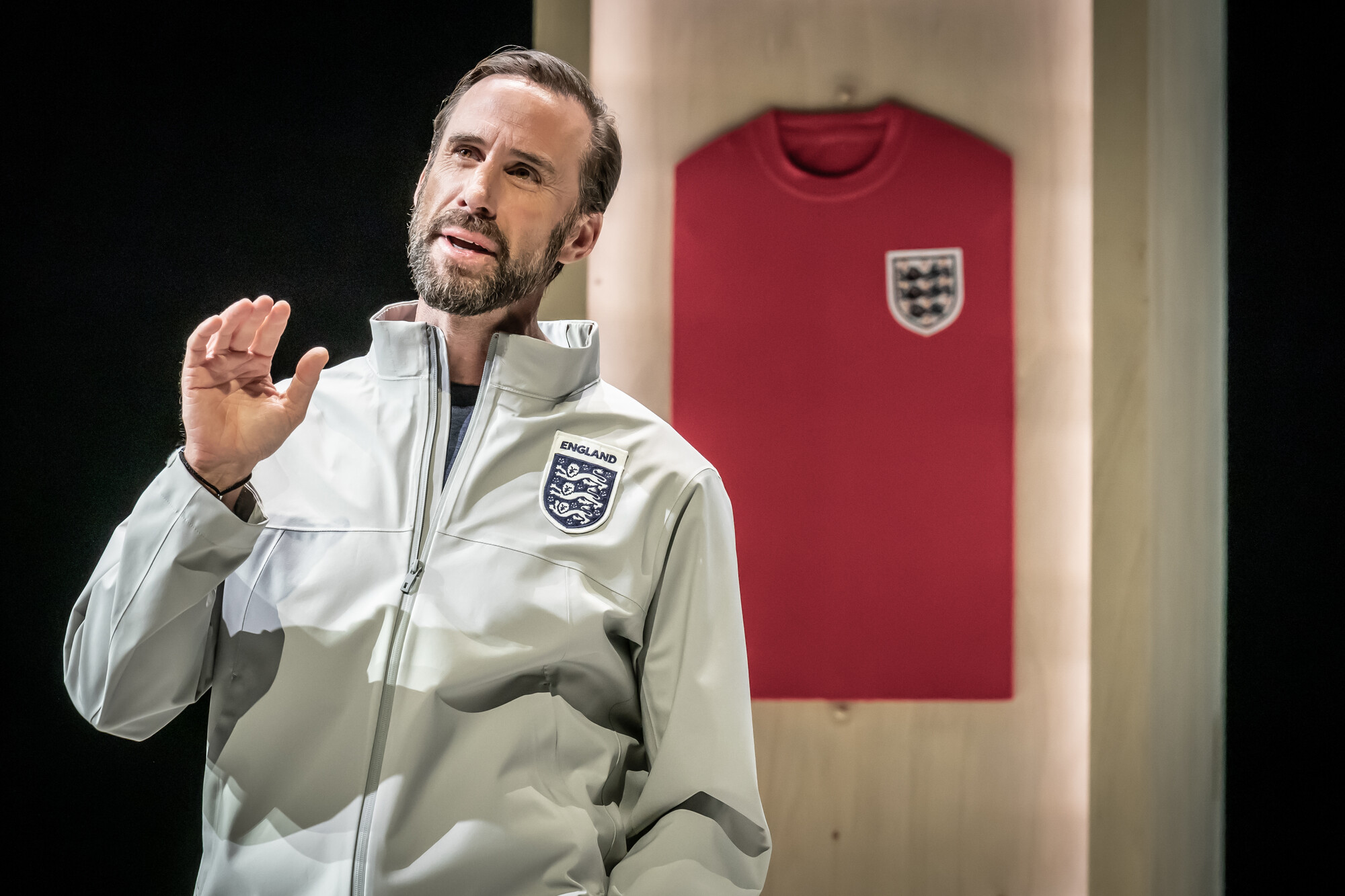
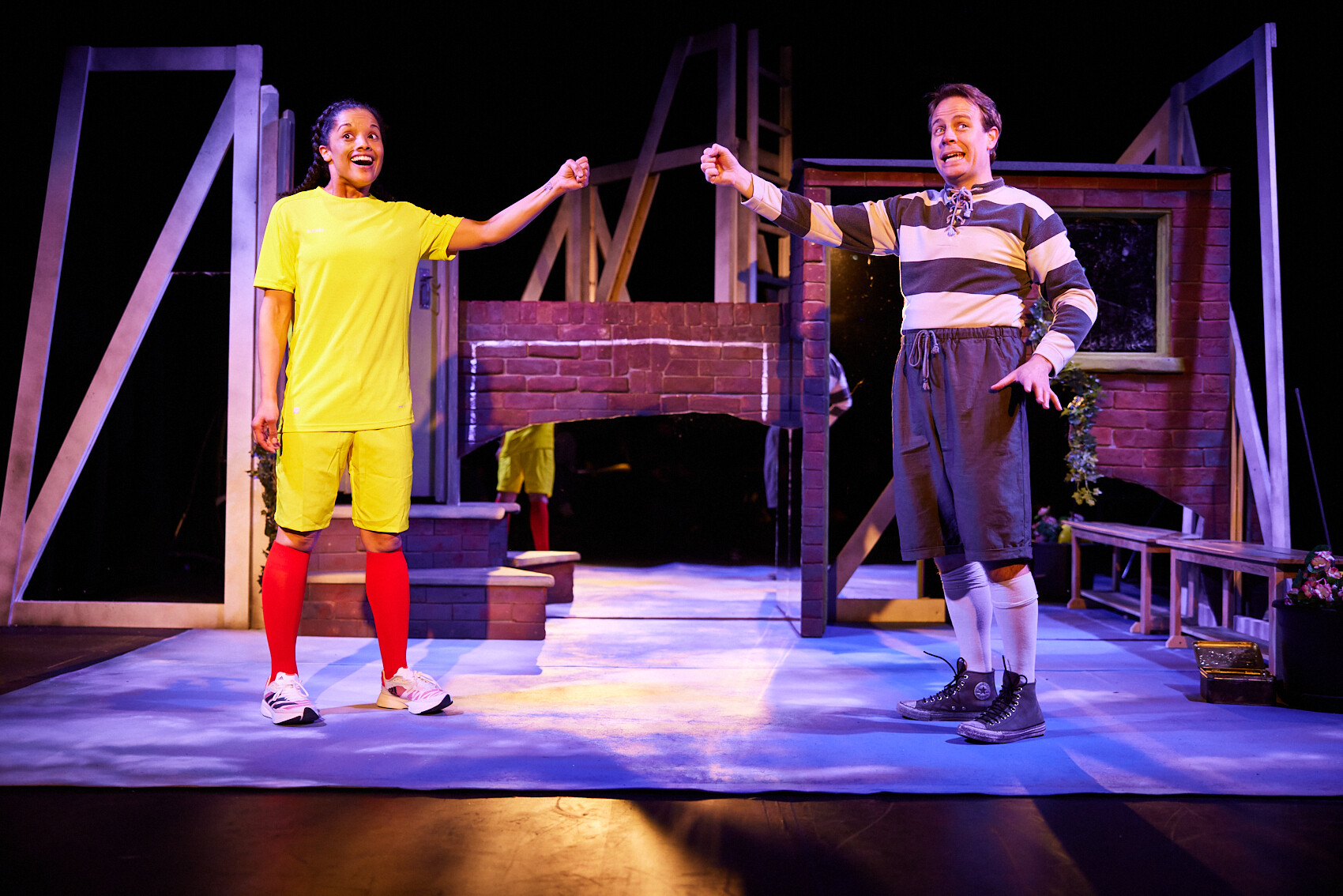
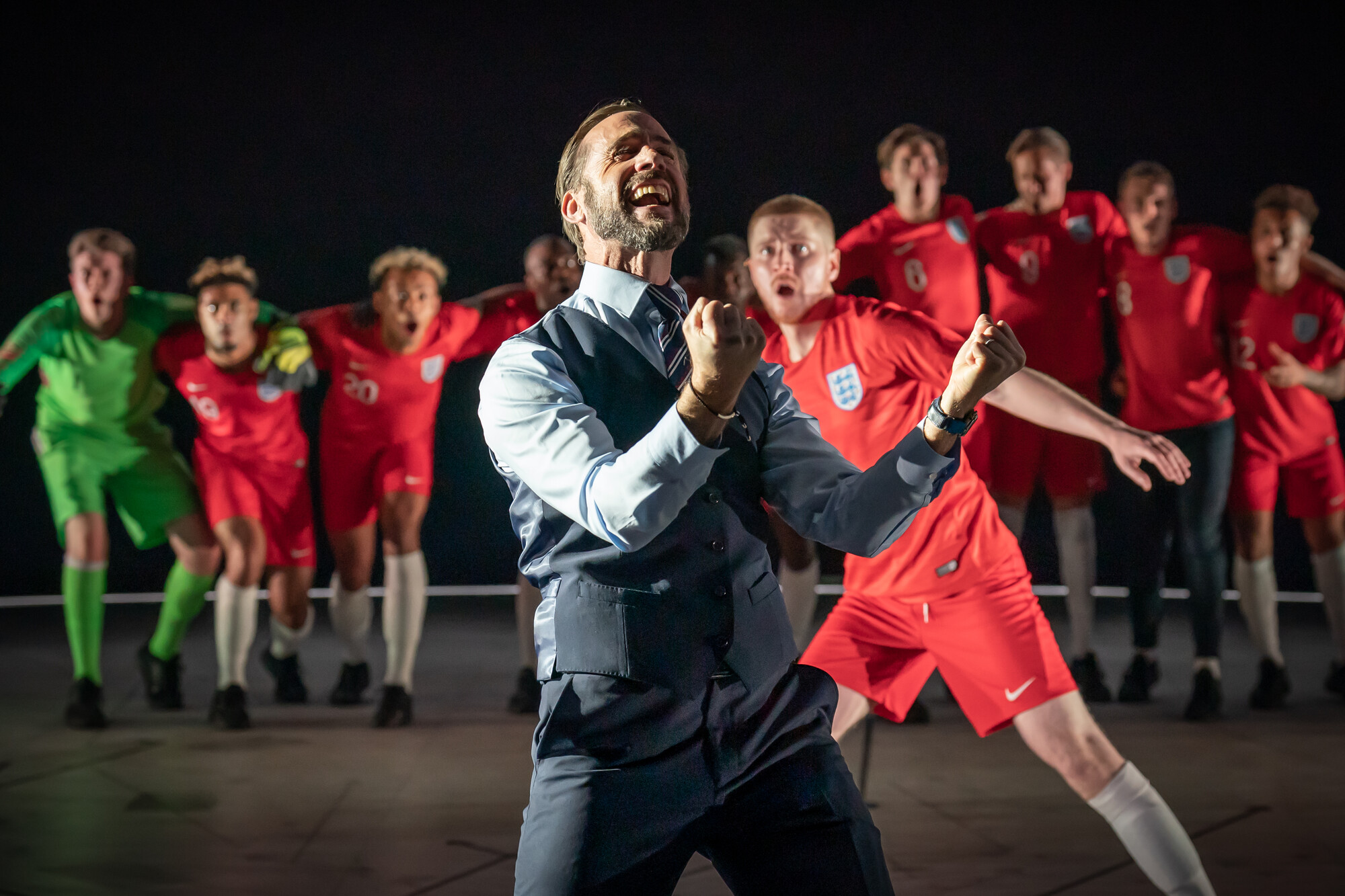
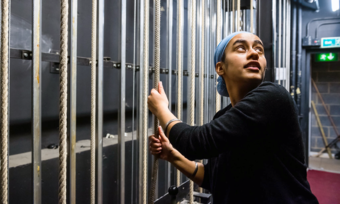



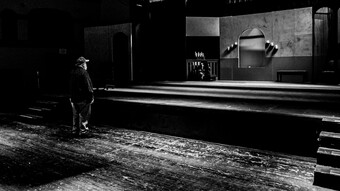


Comments
The article is just the start of the conversation—we want to know what you think about this subject, too! HowlRound is a space for knowledge-sharing, and we welcome spirited, thoughtful, and on-topic dialogue. Find our full comments policy here